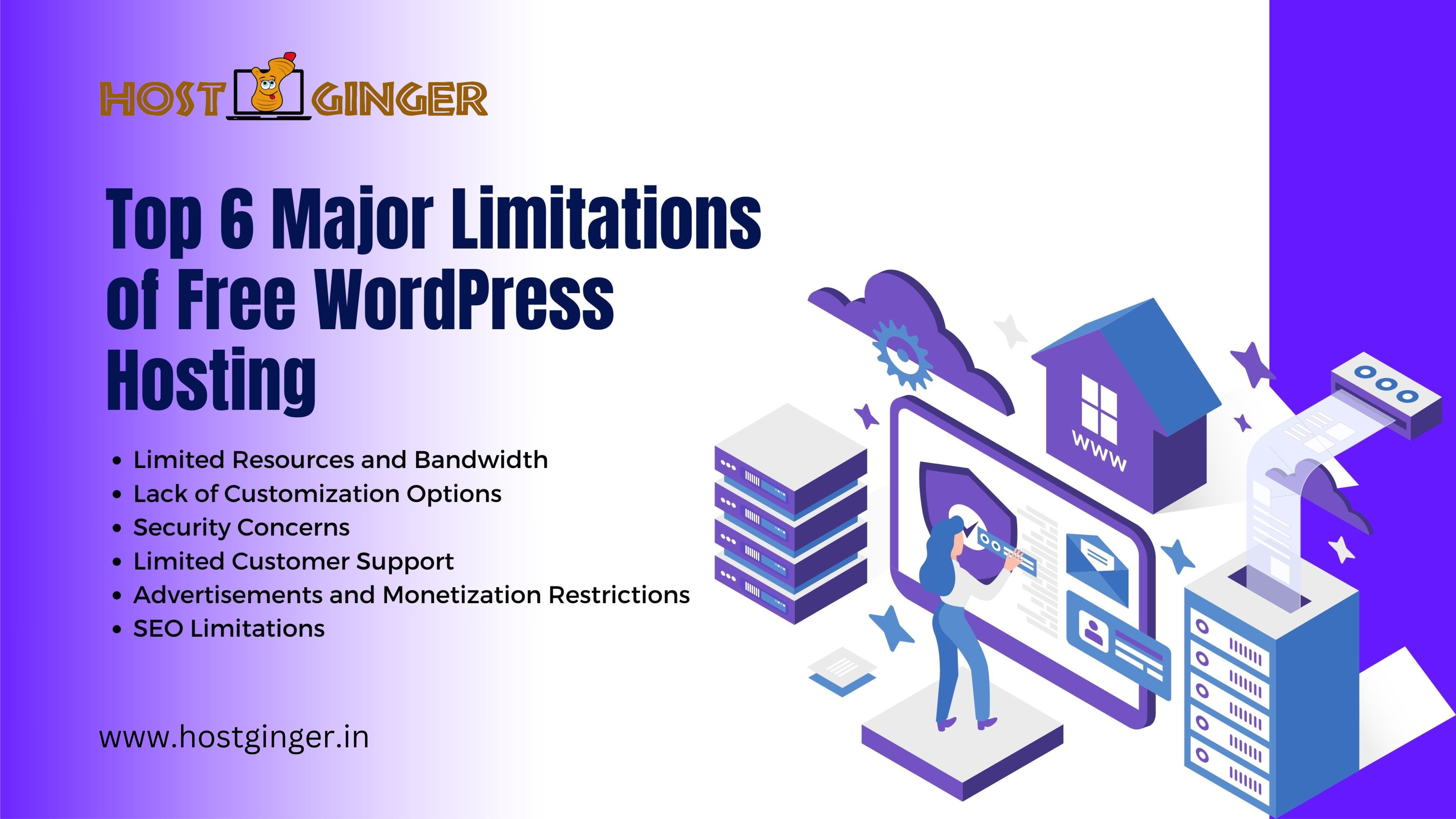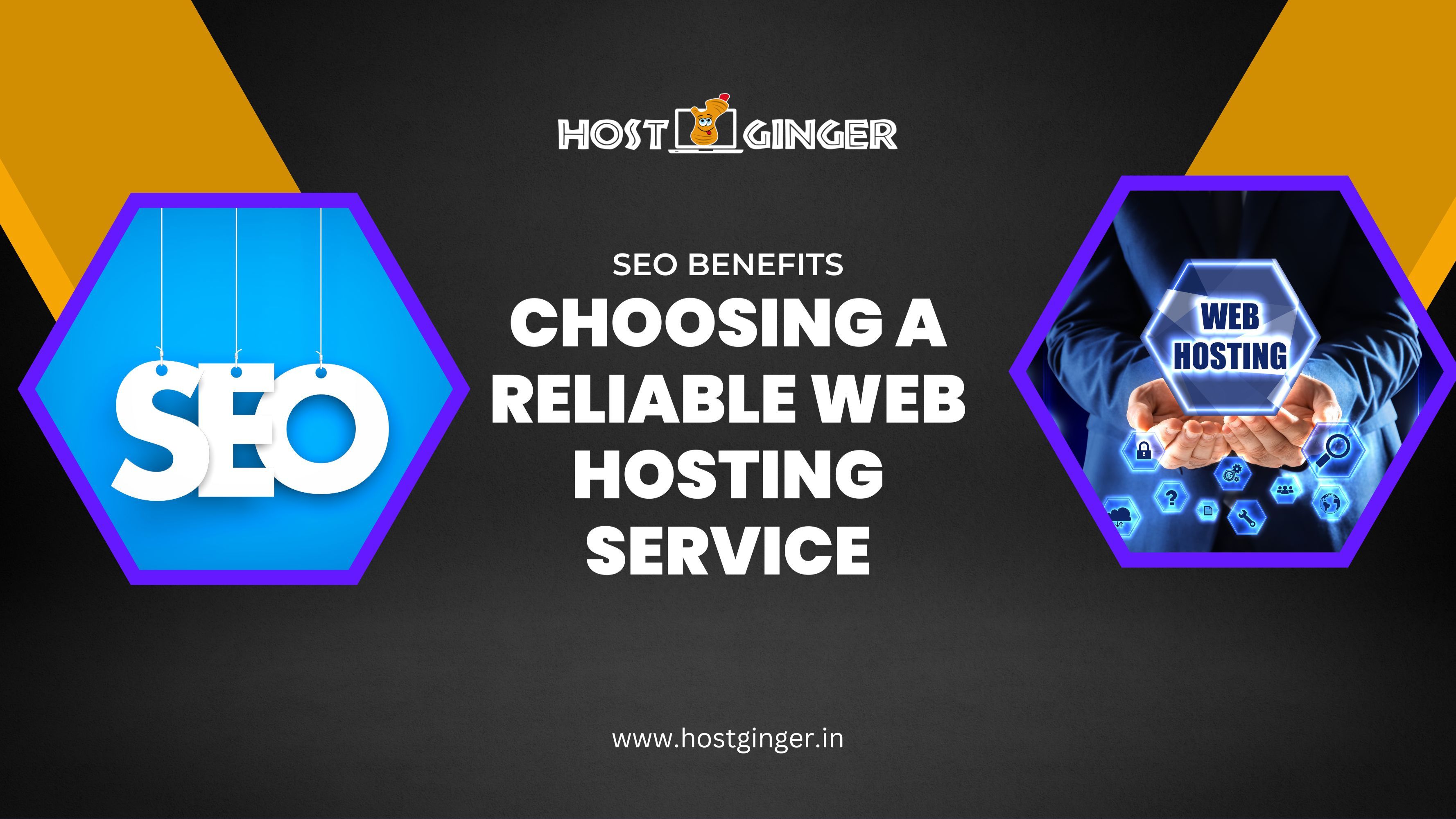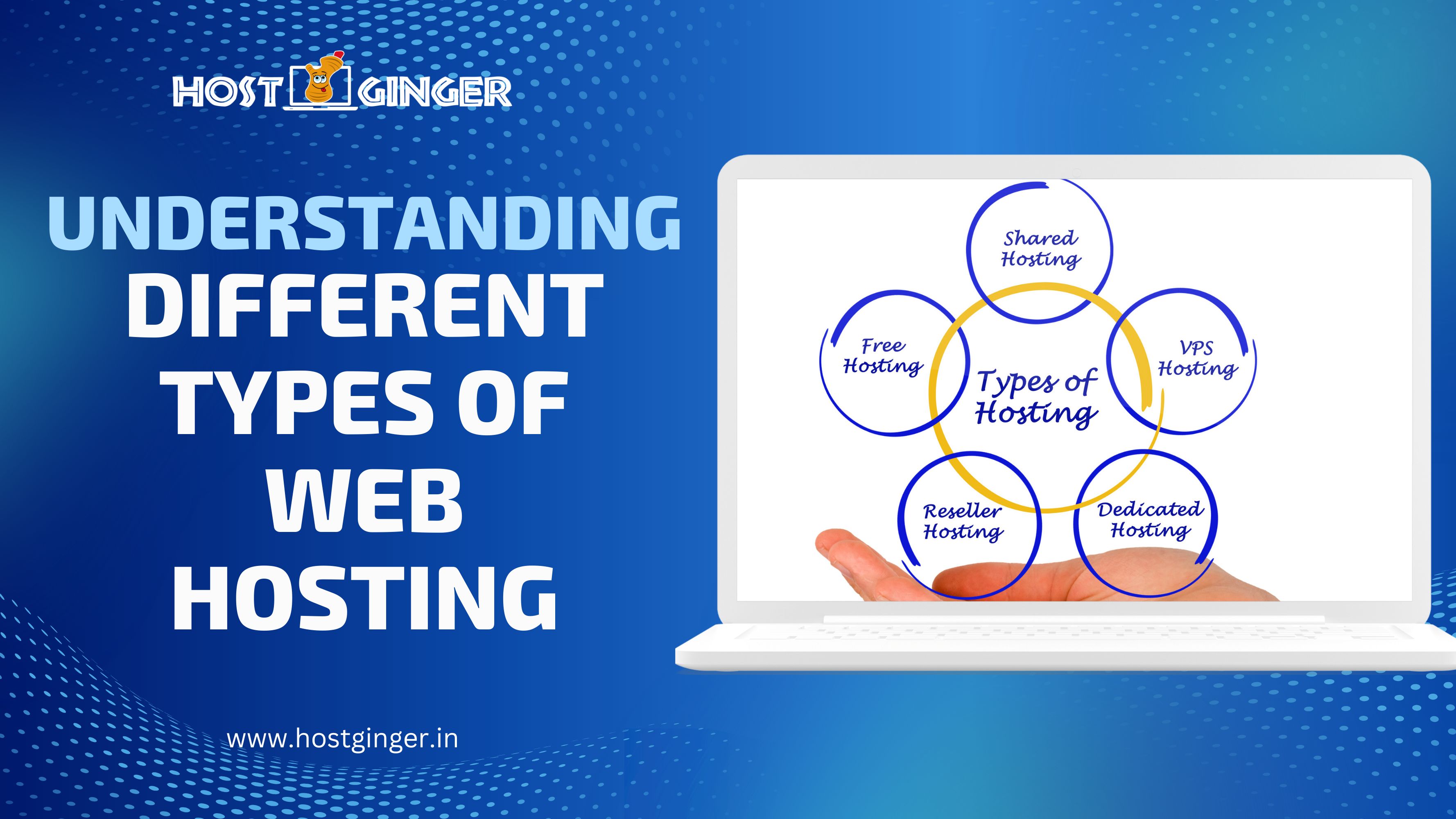The Future of Web Hosting: Predictions and Innovations Shaping the Industry
Introduction
The world of web hosting is evolving at a breakneck pace, driven by rapid technological advancements and ever-increasing demands for more efficient, secure, and sustainable solutions. Web hosting is the backbone of the internet, providing the necessary infrastructure for websites, applications, and digital services to function. As we look to the future, it's clear that significant changes are on the horizon that will reshape the industry and redefine how we think about hosting.
Current State of Web Hosting
Traditional Hosting Methods
Traditionally, web hosting has relied on physical servers located in data centers. These servers house the data and applications that make up the internet. Shared hosting, virtual private servers (VPS), and dedicated servers have been the primary options available to businesses and individuals looking to establish an online presence.
Cloud Hosting Dominance
In recent years, cloud hosting has become the dominant force in the industry. Services like Amazon Web Services (AWS), Microsoft Azure, and Google Cloud Platform offer scalable, flexible, and cost-effective solutions that can be tailored to the needs of any business. Cloud hosting allows for dynamic resource allocation, ensuring optimal performance and reliability.
Challenges Faced by Current Web Hosting Providers
Despite the advancements, current web hosting providers face several challenges, including security threats, high energy consumption, and the need for constant innovation to stay competitive. Addressing these challenges is crucial for the future of web hosting.
Emerging Technologies in Web Hosting
AI and Machine Learning
Artificial Intelligence (AI) and Machine Learning (ML) are set to revolutionize web hosting. These technologies can optimize server performance, predict and mitigate security threats, and provide personalized user experiences. AI-driven analytics can also help in understanding user behavior, leading to more efficient resource management.
Edge Computing
Edge computing brings computation and data storage closer to the location where it is needed, improving response times and saving bandwidth. This technology is particularly beneficial for applications requiring real-time processing, such as IoT devices and autonomous vehicles.
Quantum Computing
Quantum computing, although still in its infancy, has the potential to disrupt web hosting by offering unparalleled processing power. This could lead to faster data processing, improved security through quantum encryption, and new possibilities for AI and ML applications.
The Rise of Green Hosting
Environmental Impact of Web Hosting
The environmental impact of web hosting is significant, with data centers consuming vast amounts of energy. As awareness of climate change grows, there is increasing pressure on the industry to adopt sustainable practices.
Sustainable Practices in the Industry
Green hosting companies are leading the way by using renewable energy sources, improving energy efficiency, and offsetting carbon emissions. These practices not only benefit the environment but also appeal to eco-conscious consumers.
Examples of Green Hosting Companies
Several companies are making strides in green hosting. For instance, GreenGeeks uses renewable energy to power its data centers, while Eco Web Hosting plants trees to offset carbon emissions. These companies are setting an example for the rest of the industry.
Enhanced Security Measures
Current Security Challenges
Security remains a top concern in web hosting. Cyber threats such as DDoS attacks, data breaches, and ransomware are becoming more sophisticated, necessitating advanced security measures.
Future Security Technologies
Future security technologies will include AI-driven threat detection, blockchain for enhanced security, and quantum encryption. These advancements will help protect data and ensure the integrity of web hosting services.
Importance of Data Privacy
Data privacy is becoming increasingly important as regulations such as GDPR and CCPA take effect. Web hosting providers must prioritize data privacy to comply with these regulations and maintain customer trust.
Serverless Architecture
Definition and Benefits
Serverless architecture allows developers to build and run applications without managing servers. Instead, the cloud provider dynamically manages the allocation of machine resources. This approach offers several benefits, including reduced operational complexity, cost savings, and scalability.
Comparison with Traditional Hosting
Unlike traditional hosting, where you need to manage servers and infrastructure, serverless architecture abstracts these details, allowing developers to focus on code and business logic. This leads to faster development cycles and more efficient resource utilization.
Potential Applications
Serverless architecture is ideal for applications with variable workloads, such as event-driven applications, APIs, and microservices. It allows for automatic scaling and efficient handling of peak traffic.
5G and Its Impact on Web Hosting
Overview of 5G Technology
5G technology promises faster internet speeds, lower latency, and improved connectivity. It is set to revolutionize various industries, including web hosting, by enabling new applications and services.
Enhanced Speed and Connectivity
With 5G, web hosting providers can offer faster and more reliable services. This improved connectivity will benefit applications requiring real-time data processing, such as online gaming, virtual reality, and augmented reality.
Implications for Web Hosting
The advent of 5G will lead to the development of new hosting solutions optimized for high-speed connectivity and low latency. This will enhance the user experience and open up new possibilities for web applications.
The Role of Blockchain in Web Hosting
Decentralized Web Hosting
Blockchain technology enables decentralized web hosting, where data is distributed across a network of nodes rather than being stored in a central server. This approach enhances security and reduces the risk of data breaches.
Blockchain's Security Advantages
Blockchain offers several security advantages, including immutability, transparency, and resistance to tampering. These features make it an attractive option for web hosting providers looking to enhance their security measures.
Case Studies of Blockchain-Based Hosting Services
Several companies are exploring blockchain-based hosting services. For example, Sia and Storj use blockchain to provide decentralized cloud storage solutions, offering enhanced security and reliability.
Personalization and User Experience
Importance of Personalized Hosting Solutions
Personalized hosting solutions are becoming increasingly important as businesses look to provide tailored experiences for their users. Customizable hosting plans can help meet the specific needs of different customers.
AI-Driven Personalization
AI can drive personalization by analyzing user behavior and preferences. This allows hosting providers to offer recommendations and optimize services based on individual needs.
Future Trends in User Experience
Future trends in user experience will include more intuitive interfaces, enhanced customer support through AI chatbots, and seamless integration with other digital services.
The Integration of IoT
Impact of IoT on Web Hosting
The Internet of Things (IoT) is transforming web hosting by introducing a vast number of connected devices that require reliable and scalable hosting solutions. Hosting providers must adapt to manage the data generated by these devices.
Hosting Solutions for IoT Devices
Hosting solutions for IoT devices need to support real-time data processing, low latency, and high reliability. Edge computing and cloud hosting are well-suited to meet these requirements.
Future Prospects
As IoT continues to grow, the demand for specialized hosting solutions will increase. This presents an opportunity for hosting providers to develop innovative services tailored to the needs of IoT applications.
Global Expansion and Localized Hosting
Importance of Localized Hosting
Localized hosting is essential for providing fast and reliable services to users around the world. By hosting data closer to the end-user, latency is reduced, and performance is improved.
Strategies for Global Expansion
Hosting providers can achieve global expansion through partnerships, acquisitions, and the establishment of new data centers in key regions. These strategies help deliver better service to a global audience.
Benefits for Businesses and End-Users
Global and localized hosting solutions offer several benefits, including improved performance, enhanced user experience, and compliance with local data regulations.
Cost Efficiency and Pricing Models
Current Pricing Models in Web Hosting
Current pricing models in web hosting include pay-as-you-go, subscription-based, and tiered pricing. These models offer flexibility but can sometimes be confusing for customers.
Future Trends in Cost Efficiency
Future trends in cost efficiency will include more transparent pricing, increased use of AI to optimize resource usage, and the development of new pricing strategies that reflect the true cost of hosting services.
Flexible Pricing Strategies
Flexible pricing strategies, such as usage-based billing and customized plans, will become more prevalent. These strategies allow customers to pay only for the resources they use, making web hosting more affordable and accessible.
Future-Proofing Your Hosting Solution
Strategies for Businesses
To future-proof their hosting solutions, businesses should invest in scalable infrastructure, adopt emerging technologies, and stay informed about industry trends. This proactive approach ensures they can adapt to changes and remain competitive.
Importance of Scalability
Scalability is crucial for handling growth and accommodating future demands. Businesses should choose hosting solutions that allow for easy scaling of resources as needed.
Long-Term Planning and Investment
Long-term planning and investment in advanced technologies, security measures, and sustainable practices will help businesses future-proof their hosting solutions and stay ahead of the competition.
Case Studies and Industry Leaders
Examples of Innovative Hosting Companies
Several hosting companies are leading the way in innovation. For instance, AWS and Google Cloud continue to push the boundaries of cloud hosting, while companies like GreenGeeks and Eco Web Hosting set new standards in sustainability.
Success Stories and Lessons Learned
Examining success stories and lessons learned from industry leaders can provide valuable insights into effective strategies and best practices in web hosting.
Industry Leaders to Watch
Keep an eye on industry leaders such as Amazon, Microsoft, and Google, as well as emerging players like DigitalOcean and Vultr, which are making significant strides in the hosting industry.
Conclusion
The future of web hosting is bright and full of possibilities. As emerging technologies like AI, edge computing, and blockchain take hold, we can expect to see more efficient, secure, and sustainable hosting solutions. Businesses must stay ahead of the curve by embracing these innovations and future-proofing their hosting strategies. By doing so, they can ensure optimal performance, security, and user experience in the digital age.
FAQs
Q.1 What is the future of web hosting?
The future of web hosting lies in emerging technologies such as AI, edge computing, and blockchain, which promise to enhance performance, security, and sustainability.
Q.2 How will AI impact web hosting?
AI will revolutionize web hosting by optimizing server performance, enhancing security, and providing personalized user experiences through advanced analytics.
Q.3 What are the benefits of green hosting?
Green hosting reduces environmental impact by using renewable energy, improving energy efficiency, and offsetting carbon emissions, appealing to eco-conscious consumers.
Q.4 How does blockchain enhance web hosting security?
Blockchain enhances security through its decentralized nature, immutability, and transparency, reducing the risk of data breaches and tampering.
Q.5 What should businesses consider when future-proofing their hosting solutions?
Businesses should focus on scalability, adopt emerging technologies, prioritize data privacy, and invest in sustainable practices to future-proof their hosting solutions.



















